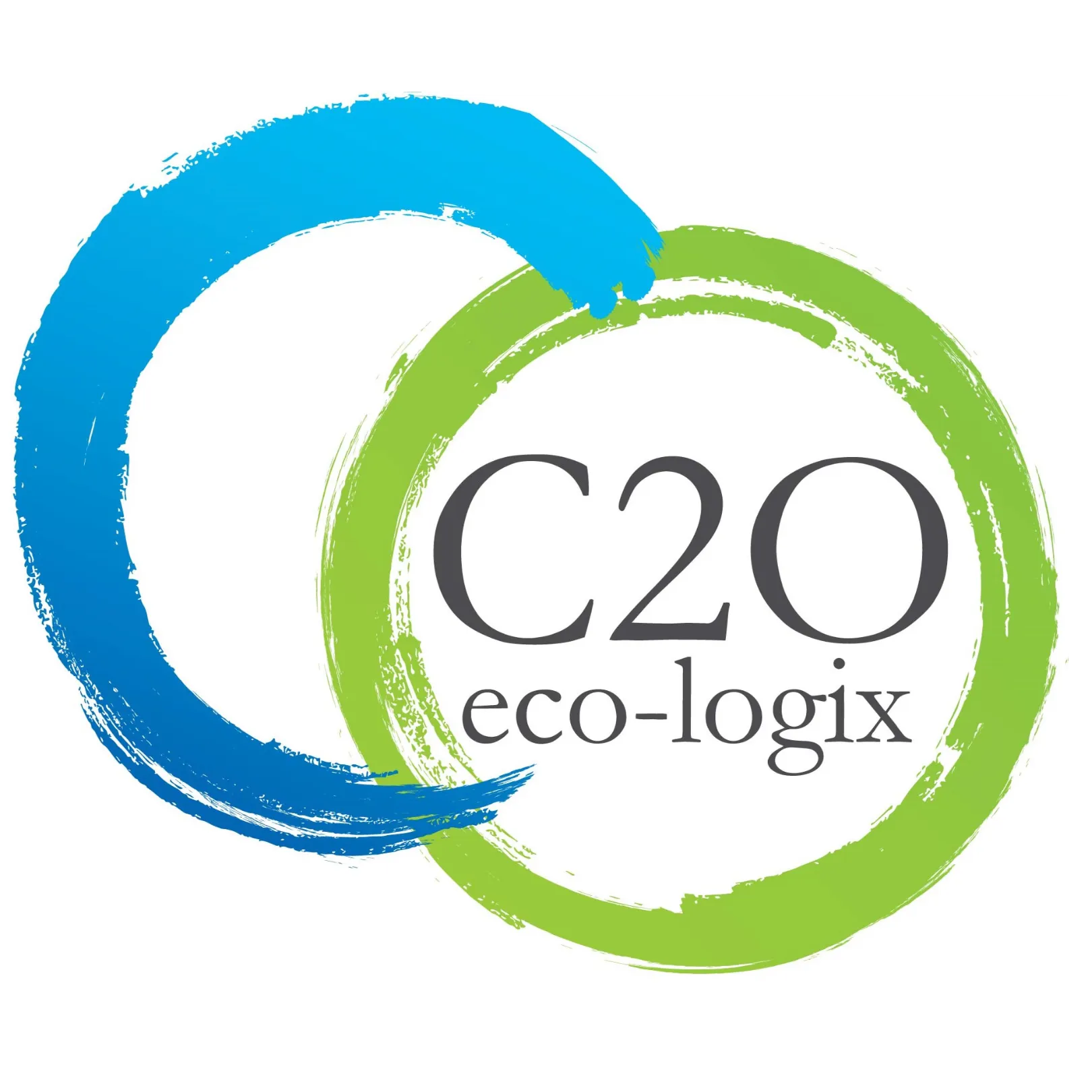- Using solvents for cleaning can pose several risks, both to human health and the environment. Some of these risks include:
- Health risks: Solvents can be harmful if they are inhaled or come into contact with skin or eyes. Exposure to solvents can cause respiratory problems, skin irritation, headaches, dizziness, and other health issues.
- Environmental risks: Solvents can be toxic to plants and animals, and can contribute to air, water, and soil pollution. When solvents are disposed of improperly, they can contaminate groundwater, surface water, and soil, and can harm aquatic life.
- Fire and explosion risks: Many solvents are flammable and can pose a fire or explosion risk if not handled properly.
- Regulatory risks: The use and disposal of solvents is often regulated by environmental and safety regulations, and failure to comply with these regulations can result in fines or other legal consequences.
- Sustainability risks: Many solvents are derived from non-renewable resources and are not biodegradable, which can contribute to resource depletion and waste accumulation.
- To minimize these risks, it is important to carefully consider the use of solvents for cleaning and to choose safer and more sustainable alternatives whenever possible. This may include using non-toxic and biodegradable cleaning products, avoiding solvents in favor of mechanical cleaning methods, and properly disposing of solvents according to local regulations.





